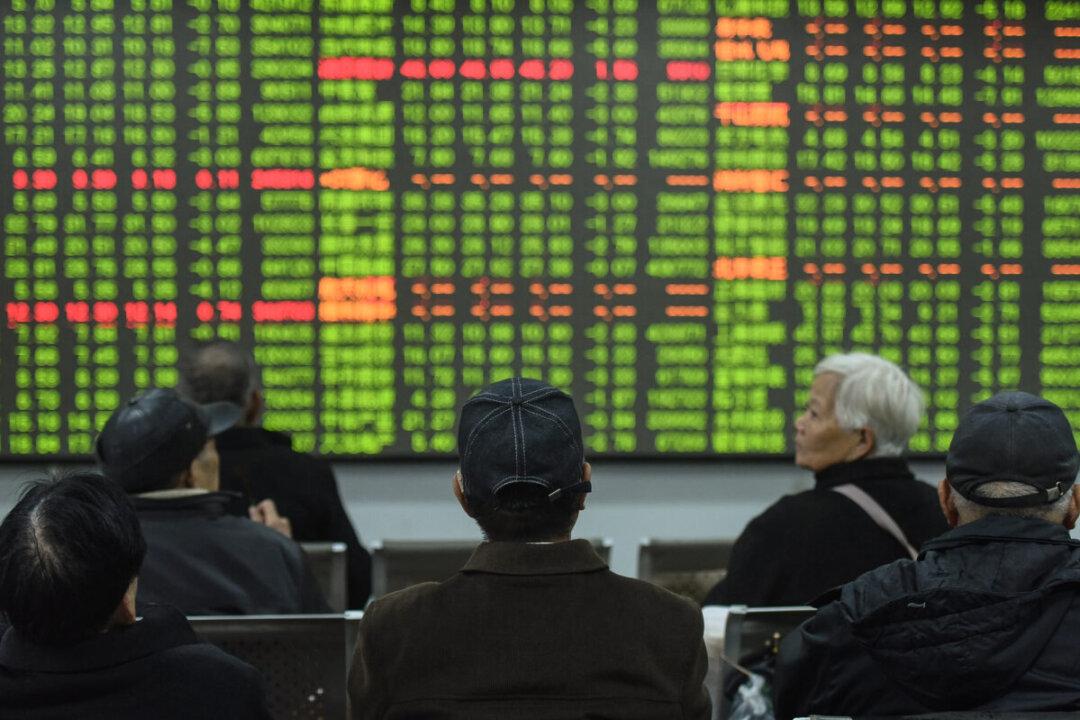Commentary
Global investors have started pouring money into Chinese stocks again, with a record $5.8 billion invested in Chinese equity exchange-traded funds (ETFs) in June.

Global investors have started pouring money into Chinese stocks again, with a record $5.8 billion invested in Chinese equity exchange-traded funds (ETFs) in June.